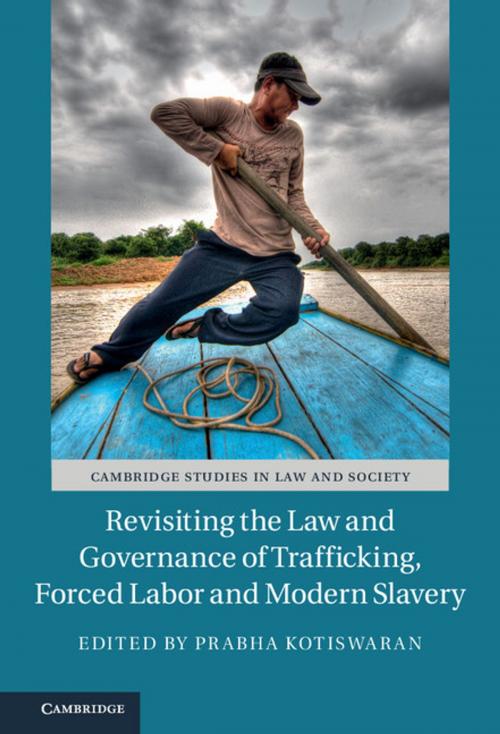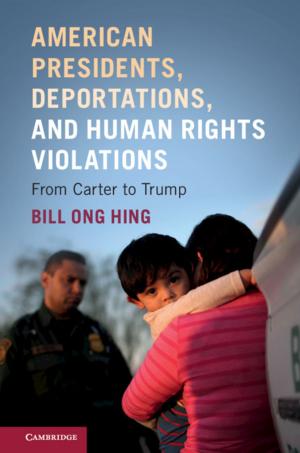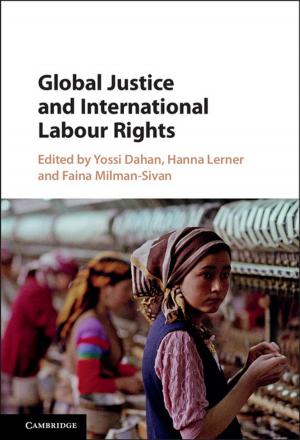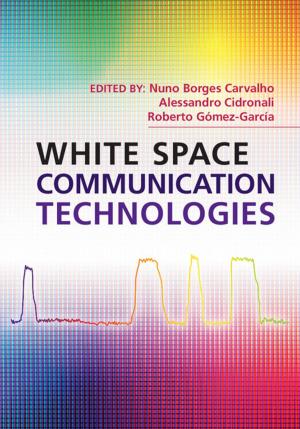Revisiting the Law and Governance of Trafficking, Forced Labor and Modern Slavery
Nonfiction, Reference & Language, Law, Social & Cultural Studies, Political Science, Social Science| Author: | ISBN: | 9781108228275 | |
| Publisher: | Cambridge University Press | Publication: | May 25, 2017 |
| Imprint: | Cambridge University Press | Language: | English |
| Author: | |
| ISBN: | 9781108228275 |
| Publisher: | Cambridge University Press |
| Publication: | May 25, 2017 |
| Imprint: | Cambridge University Press |
| Language: | English |
In the decades following the globalization of the world economy, trafficking, forced labor and modern slavery have emerged as significant global problems. States negotiated the Palermo Protocol in 2000 under which they agreed to criminalize trafficking, primarily understood as an issue of serious organized crime. Sixteen years later, leading academics, activists and policy makers from international organizations come together in this edited volume and adopt an inter-disciplinary, multi-stakeholder approach to revisit trafficking through the lens of labor migration and extreme exploitation and, in the process, rethink the law and governance of trafficking. This volume considers many key factors, including the evolving international law on trafficking, the relationship between trafficking, slavery, indenture and domestic migration law and policy as well as newly emergent techniques of governance, including indicators, all with a view to furthering prospects for lasting economic justice in a globalized world.
In the decades following the globalization of the world economy, trafficking, forced labor and modern slavery have emerged as significant global problems. States negotiated the Palermo Protocol in 2000 under which they agreed to criminalize trafficking, primarily understood as an issue of serious organized crime. Sixteen years later, leading academics, activists and policy makers from international organizations come together in this edited volume and adopt an inter-disciplinary, multi-stakeholder approach to revisit trafficking through the lens of labor migration and extreme exploitation and, in the process, rethink the law and governance of trafficking. This volume considers many key factors, including the evolving international law on trafficking, the relationship between trafficking, slavery, indenture and domestic migration law and policy as well as newly emergent techniques of governance, including indicators, all with a view to furthering prospects for lasting economic justice in a globalized world.















